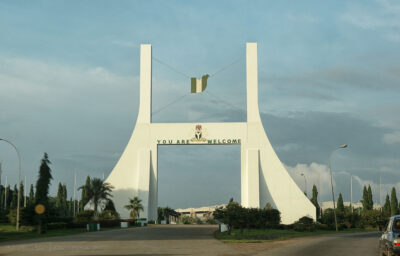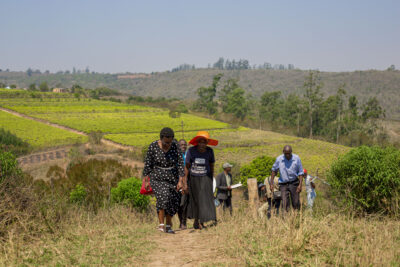“Now let us see how Bauer formulates the role of the state,” writes Karl Marx in his famous take on the minority question, which Saba Mahmood aptly recalls and perceptively reads. Marx recognized that Bruno Bauer, his interlocutor, was also fighting for emancipation and equality; Bauer was fighting for political emancipation. But Bauer failed “to examine the relationship between political emancipation and human emancipation.” He failed to recognize that, in Germany at least, the state is “a theologian ex professo.” Marx does grant that there may be some states where “the Jewish question loses its theological significance and becomes a truly secular question.” And yet he is also very clear that to stop at the secular (that is, at political emancipation) is insufficient. “Political emancipation from religion is not complete and consistent emancipation from religion, because political emancipation is not the complete and consistent form of human emancipation.” Her Marxian reservations notwithstanding, it is a proximate, urgent and enduring struggle, one for “religious equality,” that Mahmood documents and embraces. “As an aspiration and a principle, religious equality signaled a sea change in how interfaith inequality was historically perceived . . . the variety of social movements fighting for religious equality attests to the global reach of this ideal and its promise . . . The impossibility of its realization should not blind us to its power, its ongoing promise, and its constitutive contradictions.”
Latest posts
A thought-provoking study
by Talal AsadIn Religious Difference in a Secular Age: A Minority Report, Saba Mahmood has produced a valuable account both of how the idea of separating religion from politics came to be central to the development of the “religiously neutral” state in Europe (beginning with the Thirty Years War in the seventeenth century and culminating in the new nations after the First World War) and of how that idea became politically important in the postcolonial Middle East. In particular, she describes how in constituting religious identities, the state in modern Egypt creates unexpected opportunities for political power and social confrontation among those who seek to regulate, as well as those who claim to represent, religious minorities. Her detailed analysis of the rich historical and ethnographic material she has assembled reinforces the conclusion that instead of regarding the secular state as the solution to discrimination against religious minorities, it must itself be understood as part of the problem. So I offer a few reflections prompted by her excellent study, first on liberal ideals that are commonly said to promote equal treatment for minorities, and then about the secular anxiety that preceded the 2013 coup against the elected president Mohamed Morsi.
Religious Difference in a Secular Age: A Minority Report—An introduction
by Saba MahmoodIt is no exaggeration to say that the religious diversity that characterized the Middle East for centuries is in precipitous decline. The reasons for this are multiple, including civil wars that have ravaged Iraq, Syria, and Libya; territorial expansion of militant Islamist groups (like ISIS); and steady erosion of political and civil rights in the region. The US invasion of Iraq and subsequent intervention in Libya have left wide swaths of the Middle East in utter disarray and brought the plight of religious minorities to a new impasse. Religious Difference in a Secular Age: A Minority Report is an exploration of the minority question not so much in the context of warfare but of stable governance where the promise of civil and political equality continues to hold sway. Because I am interested in how religious difference has come to be regulated and remade under secularism, I focus on the problem of religious minorities rather than groups defined by ethnic, linguistic, or other attributes.
New blog on religion in the public sphere
by Wei ZhuIn late January, a new blog on the role of religion in the public sphere was launched: Religion: Going Public.
Religion, Secularism, and Constitutional Democracy
by Daniel Steinmetz-JenkinsSecularism has many critics in the academy these days, but not all have given up on it. This is made abundantly clear in the recently published volume, Religion, Secularism, and Constitutional Democracy edited by Jean L. Cohen and Cécile Laborde.
Postdoctoral fellowship in religion, politics, and global affairs
by Daniel Steinmetz-JenkinsThe Weinberg College of Arts and Sciences and the Buffett Institute at Northwestern University invite applications for a two-year postdoctoral fellowship in the study of religion, politics, and global affairs.













